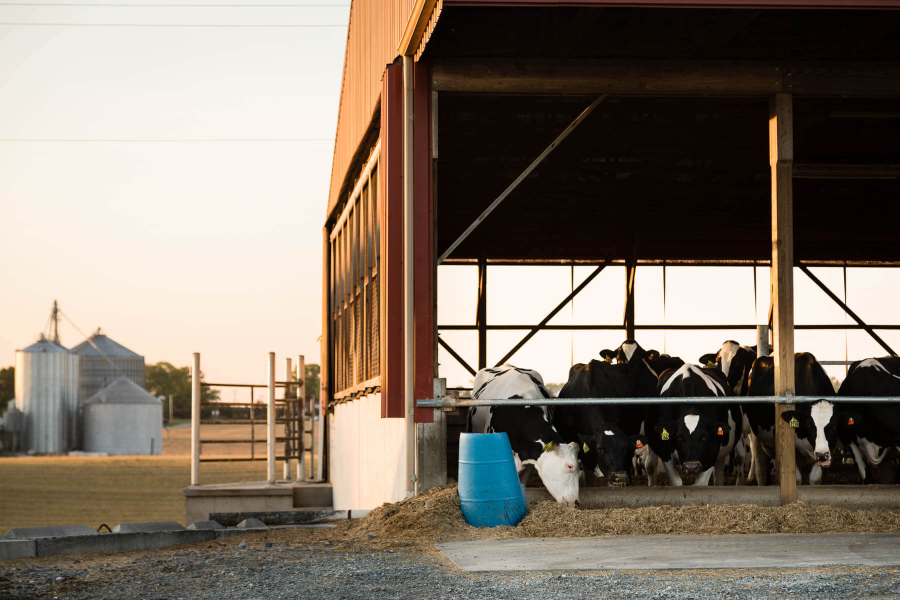More than $13.1 million in grants awarded across the Chesapeake Bay region
National Fish and Wildlife Foundation select 49 projects to receive funding in support of clean water

Forty-nine environmental projects will receive more than $13.1 million to restore critical habitat and reduce pollution from farms, suburbs and cities. The funding, announced today at the National Fish and Wildlife Foundation’s (NFWF) Ag Networking Forum in Lancaster, Pa., comes through the Chesapeake Bay Stewardship Fund. Administrated by NFWF, it is funded primarily by the U.S. Environmental Protection Agency.
Forty-one projects will be funded through the Small Watershed Grants Program, which funds on-the-ground restoration, habitat conservation and community engagement projects. Eight more will be funded by the Innovative Nutrient and Sediment Reduction Grants Program, which supports projects that reduce nutrient and sediment pollution in rivers, streams and the Bay. The 49 projects will collectively leverage an additional $21.9 million in matching funds, for a total of nearly $35 million to improve the health of the watershed.
Projects will restore habitat and protect waterways across the Bay watershed, which spans across parts of Delaware, Maryland, New York, Pennsylvania, Virginia, West Virginia and the District of Columbia.
- In Washington, D.C., the District Department of Energy and the Environment will focus on improving water quality in Kingman Lake and at least two tributaries of the Anacostia River using native freshwater mussels. It will teach about the possibility of long-term habitat potential for mussel restoration and will educate over 400 young people per year on the importance of freshwater mussels to our ecosystem.
- The St. Vincent de Paul Roman Catholic Congregation, Inc. in Baltimore, Maryland will construct three micro-bioretention facilities in the church parking lot in order to reduce the amount of stormwater flowing into the Inner Harbor and the Chesapeake Bay.
- In Pennsylvania, the Alliance for the Chesapeake Bay will support dairy farmers in meeting their sediment and nutrient reduction needs by forming a public-private partnership with Turkey Hill Dairy and the Maryland and Virginia Milk Producers Cooperative Association.
- In Virginia, Lynnhaven River Now will construct the first alternative substrate oyster reef in the Lynnhaven River by using crushed concrete. This will provide a replicable method for these types of reefs in the Chesapeake Bay watershed.
- Along the Cacapon and South Branch of the Potomac River in West Virginia, Trout Unlimited will help secure and expand brook trout strongholds by restoring in-stream and riparian habitat, mitigate barriers to aquatic organism passage, reduce nutrient and sediment inputs and collect pre- and post-monitoring data to assess the impacts that conservation practices have on water quality, habitat and fish communities.

Comments
Major thanks should go primarily to US EPA, which conceived these grant programs and secures funding from Congress for all but a small percentage of the $ granted. EPA chose the National Fish and Wildlife Foundation to help administer the grants programs and NFWF does an excellent job. But our tax dollars make the program go. Matches by the recipients mean even more money goes to cleaning up the Bay and the rivers and streams which feed it.
Thank you!
Your comment has been received. Before it can be published, the comment will be reviewed by our team to ensure it adheres with our rules of engagement.
Back to recent stories